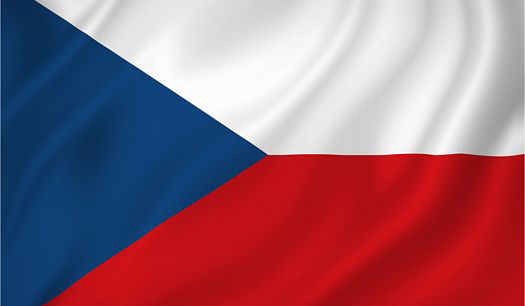The Czech government will regulate but not ban synthetically produced “high”-producing compounds made from hemp-derived CBD, according to the Ministry of Health. The move reverses food safety officials’ earlier announced intention to ban such products altogether, in favor of establishing clear rules for their control and sale.
Under a proposed amendment now before the Czech Parliament, HHC and other synthetic psychoactive products will be restricted to those over 18, may be sold only under supervision of a sales attendant and not in vending machines, and may not be advertised.
Rules expected
Regulations are expected for the CBD-based compounds made in the lab that mimic the “high” of marijuana. The products are made by putting CBD through a “semi-synthetic” process. The appearance of HHC led to threats that CBD itself would be banned in the Czech Republic, but that position was eventually abandoned by the government.
The Czech Republic earlier this year was identified as one of 20 or more EU countries where HHC products have been widely available, prompting health warnings from the European Monitoring Centre for Drugs and Drug Addiction. The Czech government issued warnings about HHC in March, urging consumers to stay away from the products because of potential health risks.
‘Prohibition not the answer’
“It became clear a long time ago that blunt prohibition is not the answer. Instead, emphasis will be placed on greater protection for both children and adult users,” according to the Czech Pirate Party, which supports the proposed amendment. “Instead of a ban, emphasis will be placed on setting up greater protection for users.”
Kratom, for which a ban was also considered, will also be regulated but not banned, the health ministry said. Often used for its pain-relieving, stimulant, and mood-boosting effects, kratom is used to treat opioid withdrawal symptoms, fatigue, and depression. However, there is limited scientific evidence to support the efficacy of kratom for any medical condition.

